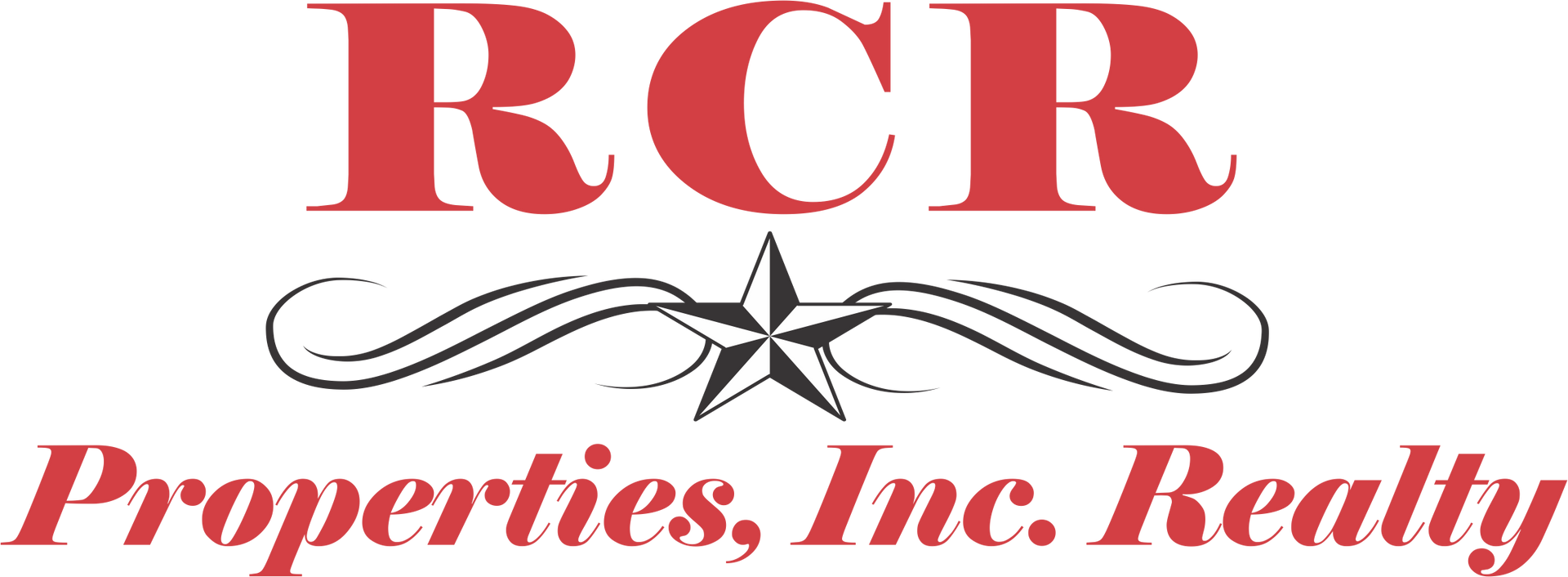Maximizing Returns: Leasing and Tenant Management in Commercial Real Estate
Leasing and tenant management in commercial real estate. As a commercial realtor, I understand the importance that effective lease agreements and tenant management play in maximizing returns on your investments. Whether you're a seasoned investor or a newcomer to the industry, understanding your lease agreements and what is in it is crucial to your success as an investor.
Importance of Lease Agreements and Their Key Components:
A lease agreement is the basis of any landlord-tenant relationship. It establishes the rights and responsibilities of both parties and serves as a legally binding contract that outlines the terms of the lease. I always like to say that while negotiating a lease agreement isn’t necessarily fun, it is necessary 100% of the time. Even though you might not need your lease for anything other than how to pay your rent, your lease is there to protect both parties in the even tof a bad day. The lease (or any contract really) is there to protect during the bad times. So, Key components of a lease agreement include:
1. Lease Term: This one is easy. The term equals to start and end date of the tenancy.
2. Rent: The amount of rent to be paid by the tenant, along with any escalations over the term of the lease.
3. Security Deposit: A security deposit is collected prior to lease commencement from the tenant to cover any damages to the property beyond normal wear and tear.
4. Maintenance Responsibilities: This part is important and will be defined by the type of lease that you have (Net, Gross, Modified Gross, etc.). Defining which party is responsible for maintenance and repairs prevents disputes.
5. Use of Premises: How and when you are allowed to use the premises. These restrictions on the use of the property protect the landlord's interests and maintain its value.
6. Renewal Options: The renewal option will give the tenant the opportunity to extend their lease for a specified period of time (and sometimes rate). Renewals promote tenant retention and reduce vacancies.
Finding and Retaining Quality Tenants:
Finding and retaining quality tenants is essential for long-term success in commercial real estate. Here are some strategies to attract and retain high-caliber tenants:
1. Targeted Marketing: Employ a commercial realtor who utilizes targeted marketing strategies to reach potential tenants who are a good fit for your property.
2. Property Maintenance: Make sure that the propertie is maintained to a high standard. This helps to attract quality tenants who will value a well-maintained space.
3. Tenant Screening: Conduct thorough background and credit checks to ensure prospective tenants have a history of responsible tenancy. This will include contacting prior landlords for reference checks.
4. Responsive Management: Provide excellent customer service and respond promptly to tenant inquiries and concerns to foster positive relationships. Create positive landlord-tenant relationships by providing excellent customer service. Respond quickly to tenant inquiries and concerns to foster a positive relationship, making future tenants want to choose your property to lease.
5. Tenant Amenities: Offer amenities and services that enhance the tenant experience and set your property apart from the competition. The newer trend in commercial space is to make it very welcoming for both your tenants and their customers. Beautifully tailored green-spaces, inviting lobbies and clean and secure parking are some areas where there are opportunities to set your property apart from your competitors.
Handling Tenant Issues and Lease Negotiations:
No matter how effectively you carefully screen your tenants, issues may still arise. Effective management of these problems is crucial for maintaining the reputation of the property, preserving the landlord-tenant relationship, and protecting your investment. Here are some tips for handling tenant issues and lease negotiations:
1. Open Communication: Always maintain clear and open lines of communication with tenants to address any concerns or issues quickly and efficiently.
2. Enforce Lease Terms: Implement lease terms consistently and fairly to uphold the integrity of the lease agreement and avoid issues involving favoritism and discrimination.
3. Negotiation Skills: Develop strong negotiation skills to navigate lease negotiations and resolve disputes effectively.
4.
Legal Compliance: Ensure compliance with all relevant laws and regulations governing landlord-tenant relationships to avoid legal complications.
Understanding the strategic importance of lease agreements, finding and retaining quality tenants, and effectively handling tenant issues and lease negotiations are key components to maximizing returns on your commercial real estate investments. Remember, successful leasing and tenant management are essential components of a thriving commercial real estate portfolio.








